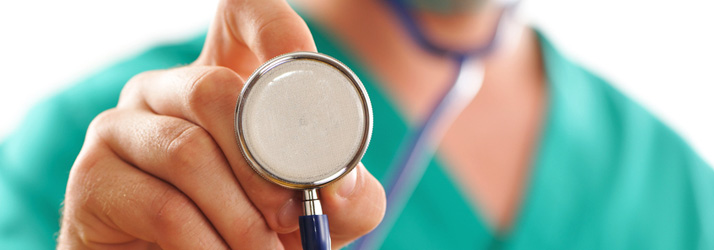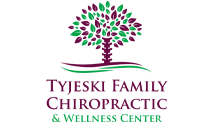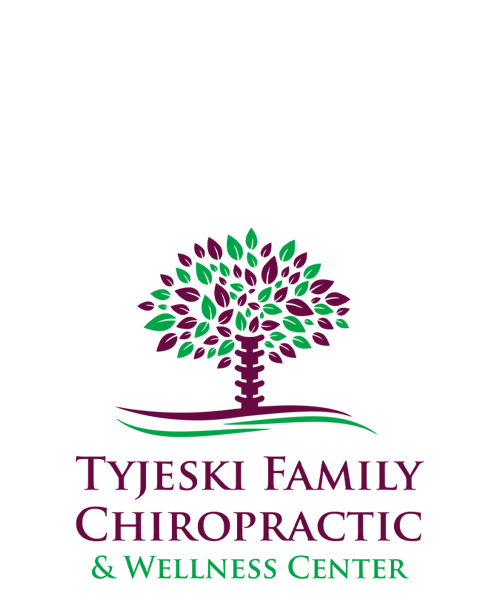The Road To Cardiovascular Health
The Road To Cardiovascular Health

The cardiovascular system is the superhighway of the body. It is also known as the circulatory system, and is made up of the heart, arteries, and veins. (Today we will be focusing on the heart, but to learn more about the rest of the cardiovascular system, join our class!) This system is in charge of moving oxygen and nutrients to your organs and muscles. It also removes waste by moving it to organs that can get rid of it. The cells of your whole body depend on your cardiovascular system to supply what they need to keep functioning properly.
Some of the signs of a traffic jam on your cardiovascular superhighway are shortness of breath, high blood pressure, or swelling in both legs. An unsteady heartbeat that increases or decreases at random internals can also be a sign of stress on the system. All of these are symptoms that can lead to disease, but can be helped, especially if caught early with lifestyle changes.
The heart is the powerhouse of the cardiovascular system. It pumps over 2,000 gallons of blood every day. It moves it through the lungs to pick up oxygen and get rid of carbon dioxide. And then it continues on through the body delivering necessary nutrients and removing waste. Did you know that technically the Heart is a muscle? And like every muscle in your body, it needs good nutrition and exercise to be strong. Cardio exercise is Heart exercise. Anything that increases your heart rate is exercise for the heart. This can be as simple as walking, biking, rowing, or jump roping. Start small. Maybe walk around the block until you feel comfortable walking around two blocks. If you don’t exercise your heart, it will weaken just like every other muscle in your body.
Diet plays a huge role in heart disease. Have you ever heard that fat clogs arteries? Well that’s half true. Good fats, such as avocados, olives, and coconut oil are an important part of a heart healthy diet. They keep the walls of your arteries and veins from stiffening up. Bad fat is what contributes to heart disease and “clogged arteries'. Some sources of “bad fat” are processed foods, fried foods, and animal fat. Those bad fats cause inflammation in the body, which can lead to heart problems. It is now believed that inflammation, more than high cholesterol, leads to heart attacks. Fat itself is a slippery substance which won’t stick to the arteries, until inflammation is present. Inflammation can come from emotional stress, poor diet, smoking, accumulating ever more belly fat, or lack of exercise. If you follow this series of articles, you will notice that inflammation is almost always responsible for dis-ease in the body. So it is well worth your time to learn more about it!
Sodium is another buzz word when it comes to heart disease. But how does sodium affect the heart? Sodium tends to increase blood pressure. Blood pressure is the measure of the force of circulating blood on the walls of the arteries. When your heart has to pump harder to move the blood out and through the body, it causes more pressure on the walls of the arteries. Sodium also makes your body hold onto water. If you eat too much sodium, the extra water in your blood causes extra pressure on those vessel walls, thereby increasing the blood pressure. When your doctor makes the recommendation to avoid sodium, it doesn’t just mean to not add salt to your meal. For most people adding salt to their food is not the main source of sodium in their diet. In today's diet, the main source of sodium is found in processed, packaged, and fast foods. The average person should eat no more than 2300mg of salt per day. For instance a Culver's Double Deluxe with fries is about 1575mg of sodium, or 68.5% of your daily allotment.It is easy to overdo it on sodium, but eating healthy foods and avoiding processed foods can help to substantially decrease your intake of sodium.
If you are experiencing symptoms relating to heart disease, it is important to make an appointment with your medical doctor to monitor those symptoms. But don’t wait till it gets bad to do something about it. The health of your heart is vital to the health of the rest of your body. The last thing you want is a traffic jam on the cardiovascular superhighway! Without proper flow through the system, the rest of the body isn’t able to receive hormones, vitamins, and oxygen as well as removing waste. If you’re not sure where to start on your health, come see me for some nutritional counseling. You may need to only tweak a couple things in your diet, or we can set you up for an exercise plan in our fitness center. Whatever the case may be, don’t let these symptoms get out of hand. Take care of your heart today!
Dr. Stephanie graduated in December 2016 with her Doctorate in Chiropractic at Logan University. She continued on at Logan University to receive her Masters in Nutrition and Human Performance. She is also certified as a Digestive Health Professional through the Loomis Enzyme Institute. She currently works at Tyjeski Family Chiropractic and Wellness Center.
April Wellness Class- The Cardiovascular System
No cost to attend
April 18th, 5:30 p.m.
119 E. Mackie Street
Beaver Dam, WI 53916
New
PATIENT
SPECIAL


